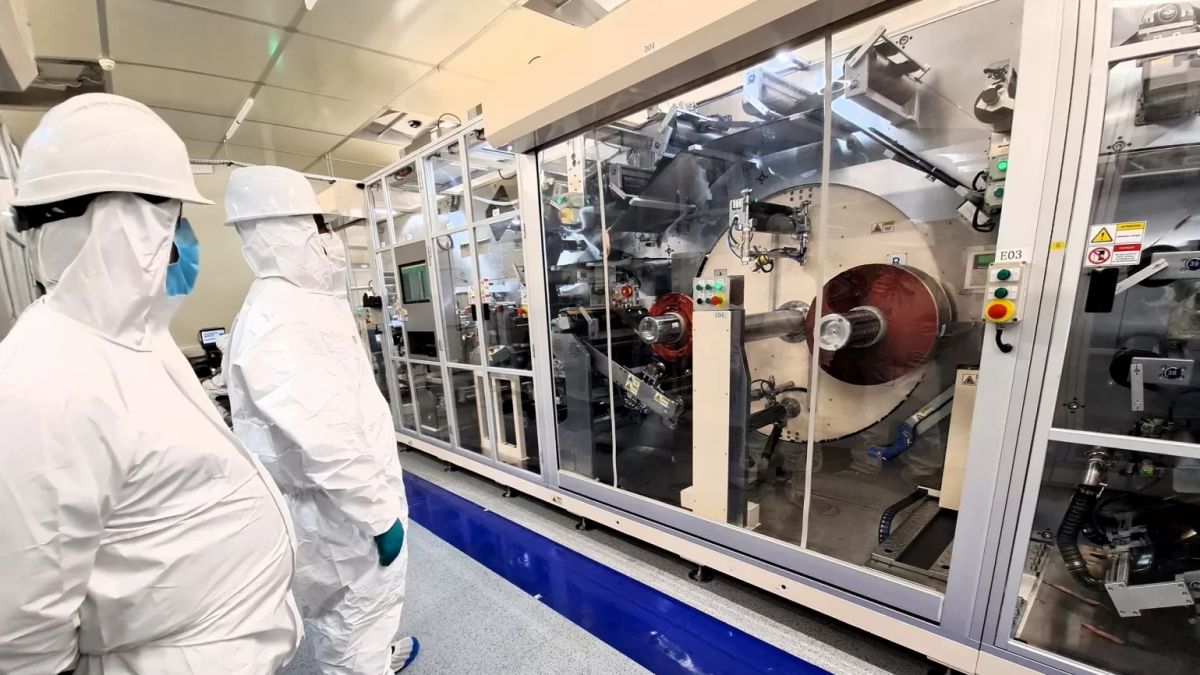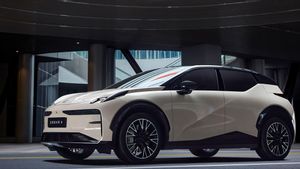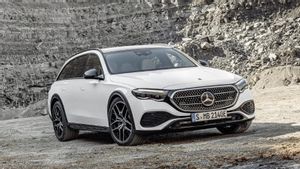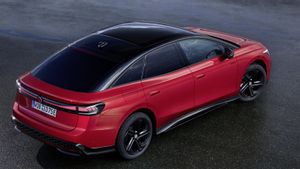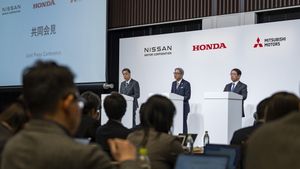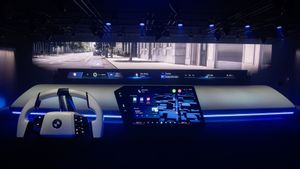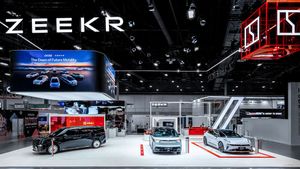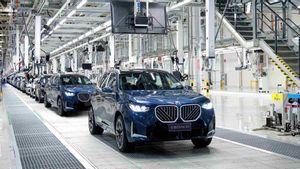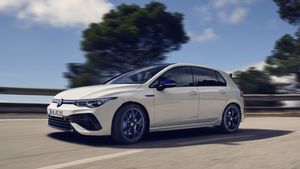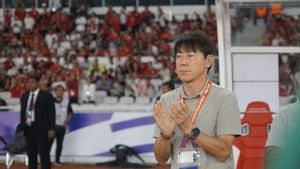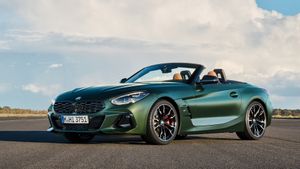JAKARTA - The growth of the electric vehicle market is not as expected, especially those currently happening in Europe. This is what drives Automotive Cells Company (ACC), a joint venture between Stellantis, Mercedes-Benz, and TotalEnergies, to temporarily halt the construction of two electric vehicle battery-producing gigafactory.
Launching InsideEvs, June 6, initially, ACC was targeted to build three battery factories in the European Union with a total investment of around 7.6 billion US dollars by 2030. The locations are inMINAslautern, Germany, Thermoly, Italy, and Douvrin, France.
The factory in Douvrin started operating last year, but the other two are now temporarily postponed. ACC is reviewing its next steps because the projected growth of electric cars from several manufacturers turned out to be too optimistic.
Responding to this, Stellantis CEO Carlos Tavares is more about adjusting the investment plan that is in line with the electric car adoption scheme in Europe.
If the European market turns to electric cars faster than planned, we will invest faster. If the European market shift is slower, then we will also not invest in a hurry," he said as quoted by Bloomberg, June 5.
SEE ALSO:
The three factories were originally planned to have an output of 40 gigawatt-hours (GWh) per year. This figure is sufficient to power around 600,000 cars. Now, with the construction of two factories and the capacity of French facilities only 13 GWh/year, the production target is hampered.
However, Mercedes-Benz, which holds 30 percent of ACC's share, stated in a statement that they remain committed to the joint venture and their electrification plan has not changed. Stellantis holds 45 percent of the shares, while Saft, a subsidiary of TotalEnergies, owns 25 percent of the company's shares.
Meanwhile, ACC CEO Yann Vincent said demand for electric cars in Europe had slowed, with growth only expected in the bulk market segment. As a result, German gigafactory is likely to produce cheaper lithium iron phosphate (LFP) cell batteries than manganesecobalt nickel batteries (NMCs). However, LFP batteries also have a lower energy density. ACC stated the need to research and develop these low-cost batteries to supply more affordable electric cars.
The English, Chinese, Japanese, Arabic, and French versions are automatically generated by the AI. So there may still be inaccuracies in translating, please always see Indonesian as our main language. (system supported by DigitalSiber.id)
